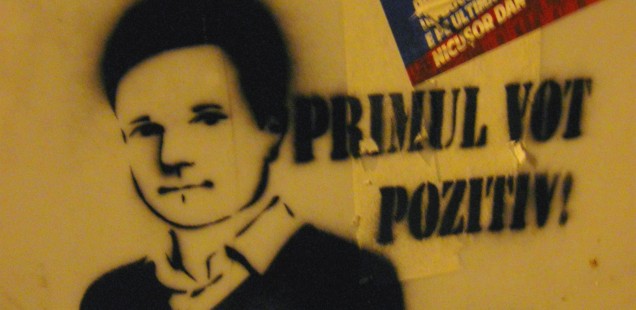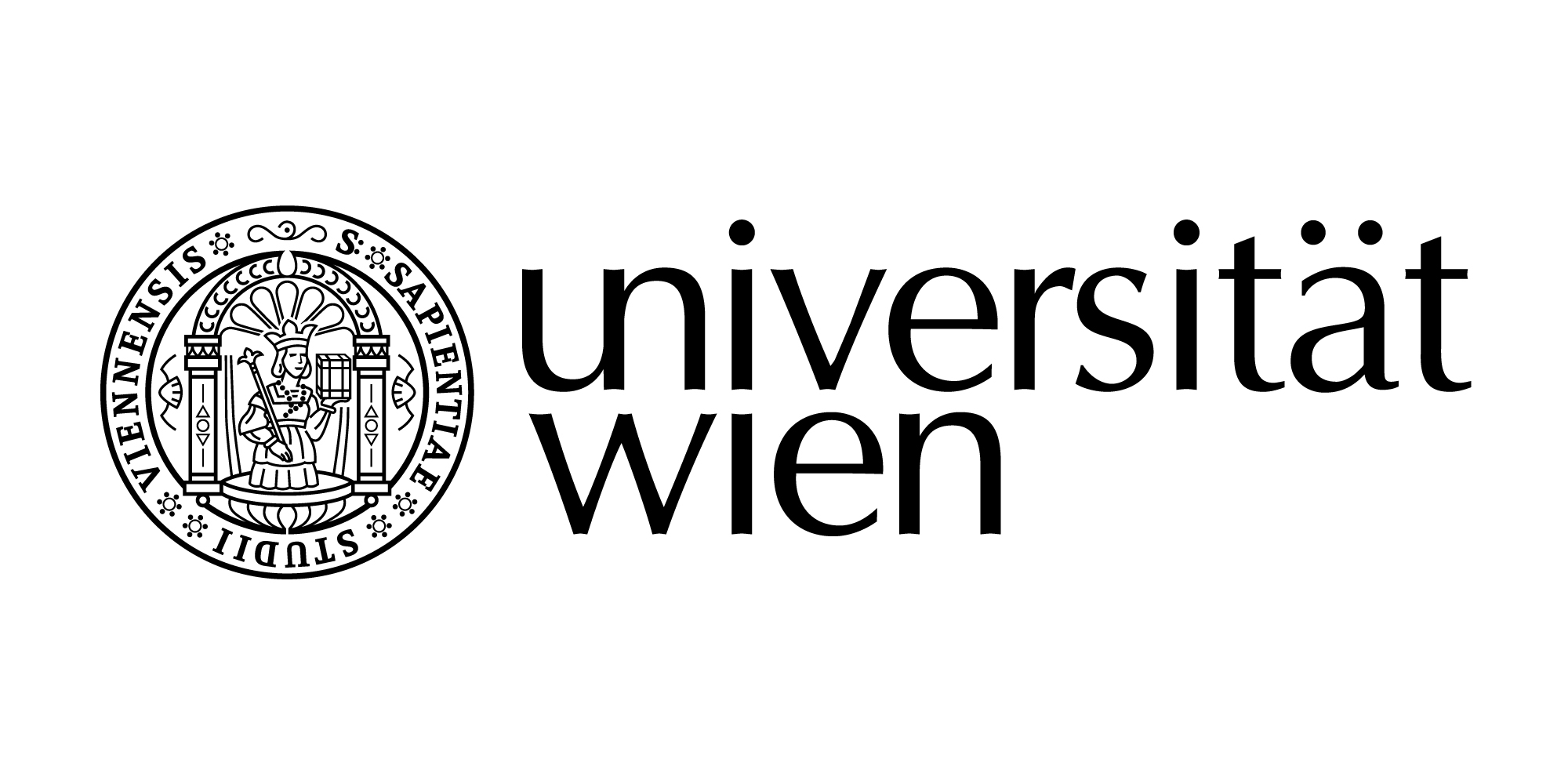
The Local Elections in Romania – Business as Usual?
Romania has just had its first elections after the so-called Romanian Autumn of 2013 where people took the street to demonstrate against a gold mining project in Roșia Montană and against the political class in general. In 2015, a fire in the nightclub “Colectiv” in Bucharest resulting in more than 60 deaths has again stirred large-scale anti-corruption protests and only recently a huge pharma scandal surfaced: disinfectants sold (overpriced) to Romanian hospitals were diluted with water to an extend that rendered them useless. People are furious and again out on the streets – not least as the high number of casualties in the Colectiv fire is related to hospital-acquired infections.
In comparison to the years before, there is a visible protest movement in Romania. And, it has had impact. Between 2012-2015, two governments of two different political camps were brought down due to public protest. The government of Emil Boc (Democratic Liberal Party -PDL) resigned in 2012 after anti-austerity protests. The subsequent Prime Minister Mihai Răzvan Ungureanu survived only a few months before a motion of no confidence swept him out of office. Victor Ponta (Social Democratic Party- PSD) took over and won the regular elections at the end of 2012 with an impressive majority. One element of the electoral success of 2012 was his opposition to the gold mining project of Roșia Montană and his reservations against fracking. Admittedly, the majority of the voters was simply relieved that some of the harsh austerity measures were lifted, such as the public-sector wage cut of 25 percent, introduced in 2010. Not even a year later, he was in the center of a protest in 2013 for breaking his commitment towards saving Roșia Montană. Ponta was able to hold on to power until the 2015 protests following the Colectiv fire when he finally resigned. Since then, a so-called technocratic government has taken over.
The local elections are not only a test for the upcoming parliamentary elections at the end of this year. They are also an indicator where voters in general and the protest movement(s) in Romania are heading.
The results
A more general look at this month’s local election results tells us that not much has changed. Voter turnout is lower than 2012, nationwide around 48 percent, and in Bucharest only 30 percent. The Social Democratic Party could secure the majority of mayors (more than 50 percent of the posts) in the one-round first-past-the-post voting system, including Bucharest. This means that a mayor only needed a simple majority to win; in some cases it was the question of a few votes, or as allegedly in the little village with the beautiful name of Babadag with just one single vote.[i].
The proportional system that is applied to local councils displays a more balanced picture. The Social Democratic Party has gained around 37 percent of the votes while their opponent, the new National Liberal Party[ii] holds around 31 percent of the votes.
So, nothing new in Romanian politics?
Well, maybe there is. Several independent candidates were successful as mayors and at local councils races. Most of them are newcomers who strive to do politics differently and who fight for more transparency, accountability and citizens’ engagement.
In Bacau, the 23-year old Cristian Ghingheș had a succès d’estime, entering the local council with 13 percent of the votes. PACT, the platform for civic action of the youth, also sent 12 delegates to 4 different local councils. While their actual power might be limited due to institutional and structural constraints, they nevertheless display a willingness to reform and challenge the disgraced political system, turning disenchantment into action and expose clientelism.
But the real event took place in Bucharest, where the party Save Bucharest Union (USB) came in second, after the PSD, leaving the center right party PNL far behind. The PNL had to present four different candidates within a very short period of time for the position of the Bucharest mayor. One was caught asking a businessman for a 50 000 Euro cash contribution to his campaign which implied kickbacks in the future; his successor, Marian Munteanu, student league activist of the early 1990s, turned out to be a little too nationalistic and presumably too fascinated by the Iron Guard, a far-right movement of the interwar period and WWII. They ended up with the former minister of justice, Cătălin Predoiu who ran for office with a noticeable limited amount of enthusiasm.
Nicușor Dan, a longstanding activist, heads the Save Bucharest Union. He obtained 31 percent of the votes, while the new mayor of Bucharest, Gabriela Firea won clearly with 43 percent of the votes (with a sad turnout of 33 percent). This new formation shook both major parties, especially as Nicușor Dan declared that he will run in the parliamentary election this year with the newly formed party, Save Romania Union. And shortly after, the former Prime Minister Victor Ponta declared this party to be on the “extreme left” which was echoed in the wider public.
Is USB the product of the Romanian Autumn, a political formation that results from a social movement? Well, this remains to be seen. Its program reminds one rather of an IMF or World Bank handbook of good governance than an updated version of the Communist Manifesto: transparency in administration, information and finance, more service orientation towards citizens, and of course a good business environment. The program also mentions social issues such as social protection and inclusion but for a society that recently was labeled the most unequal in the EU[iii], these aspects come across as moderate. In fact, for a part of the Romanian Autumn activists, this formation might not be progressive enough and it seems that their electorate is drawn from the center-right. The rising nervousness among the established parties is not an ideological controversy (there is more than enough space for a moderate leftist party left of PSD and a huge void in terms of social-liberal values on the right). It is the fear that a game changer might enter the established clientelistic cartel-party structure where electoral competition is primarily based on the idea “divide et impera”. Time will tell, if the new party, Save Romania Union can really succeed with its fairly de-ideologizised, technocratic approach. The Romanian electorate is always good for surprises and this party offers definitely an alternative to those who have lost their trust in political parties. The challenge lies in the building of party structures and recruitment of potential candidates. Compared to formation of parties that have developed in other countries out of social movements, the question of internal, participatory and inclusive party structures – thus a radical different approach to party organizations – has not been discussed and cannot be expected.
Corruption
As already mentioned the fight against corruption has stirred a wave of protest and outrage since 2015. The former officially elected mayor of Bucharest, Sorin Oprescu, was caught taking bribes with both hands, hiding the cash in his couch, a scene any Hollywood film maker would have dismissed as too absurd.
Still, surprisingly enough, many candidates with severe allegations have been voted (back) into office. The most notable case is that of Cătălin Cherecheș of Baia Mare who was reelected in office with more than 70 percent of the vote, even though he was “facebook” campaigning from behind bars. He is in pretrial detention for taking bribes. So paradoxically, corruption brings people out on the street to protest and at the same time corruption keeps others in office.
Irregularities – Fraud Allegations
Romanian elections traditionally cause irregularities and fraud allegations. In 2012, multiple voting was made extremely easy as voters could just go to any electoral district and cast their votes. Stories of buses organized by diverse parties, travelling through the countryside and stopping at various polling stations were common. So while some electoral districts had a voter turnout of 20-30 percent, others ended up with 100 plus percent. This “electoral tourism” has been made more difficult, but not impossible. The biggest controversy takes place in the first district in Bucharest where the candidate, Clotilde Armand of the USB had a slight lead in the exit polls and in the partial results in the evening of the election day. The next morning the candidate of PSD was leading. The impression of potential fraud was aggravated by the fact that USB did not have election observers at every polling station of the first district. Their statistical analysis show that USB scored significantly lower there than in the others while the number of invalid votes was higher. Furthermore, observers also reported that they were intimidated. The USB has filed a complaint, urging a recount of the cased ballots. It is very unlikely that this will be the case. But, in the new tradition of street politics, demonstrations are organized.
Gender
Bucharest will have the first female mayor and sadly, as it is the case in similar instances, questions of gender equality or other feminist issues will not be on the political agenda. Gabriela Firea attacked the president during the 2014 campaign for his childlessness, saying that you cannot be a full person without having raised a child. In her own campaign, she declared that she can clean up the mayor’s office after her 10 male predecessors. From the 267 242 candidates running for various functions in this election, only 21 percent were women. It is expected that in the end, women constitute roughly 4 percent of all elected mayors.
To conclude, the local elections are a test case for the upcoming parliamentary elections this year. The field is split between the two major parties that could comfortably divide the electorate among them. But the recent protests in Romania have created a yearning for an alternative political force among a growing part of the electorate. But, they are not so much looking for a more leftist or more conservative political project. It is a search for a new political spirit, clean and dedicated. This could be provided by a new party formation such as Save Romania Union but probably also by the incumbent technocratic Prime Minister Cioloș. His disadvantage will be that he has to associate himself with the old political parties, in all likelihood the PNL. The other part of the electorate will once again vote back into office corrupt politicians, hoping that these will steal not only for themselves but also a little bit for their voters.
[i] http://www.2016bec.ro/rezultate/ (last accessed on June 12, 2016).
[ii] The PNL is new in the sense that it merged in 2014 with the completely discredited democratic-liberal party. It also changed its affiliation in the EP from ALDE to EPP.
[iii] http://m.adevarulfinanciar.ro/articol/eurostat-romania-este-tara-cu-cea-mai-mare-inegalitate-dintre-bogati-si-saraci-din-ue-procentul-a-tot-crescut-in-ultimii-ani/ (last accessed on June 12, 2016).


